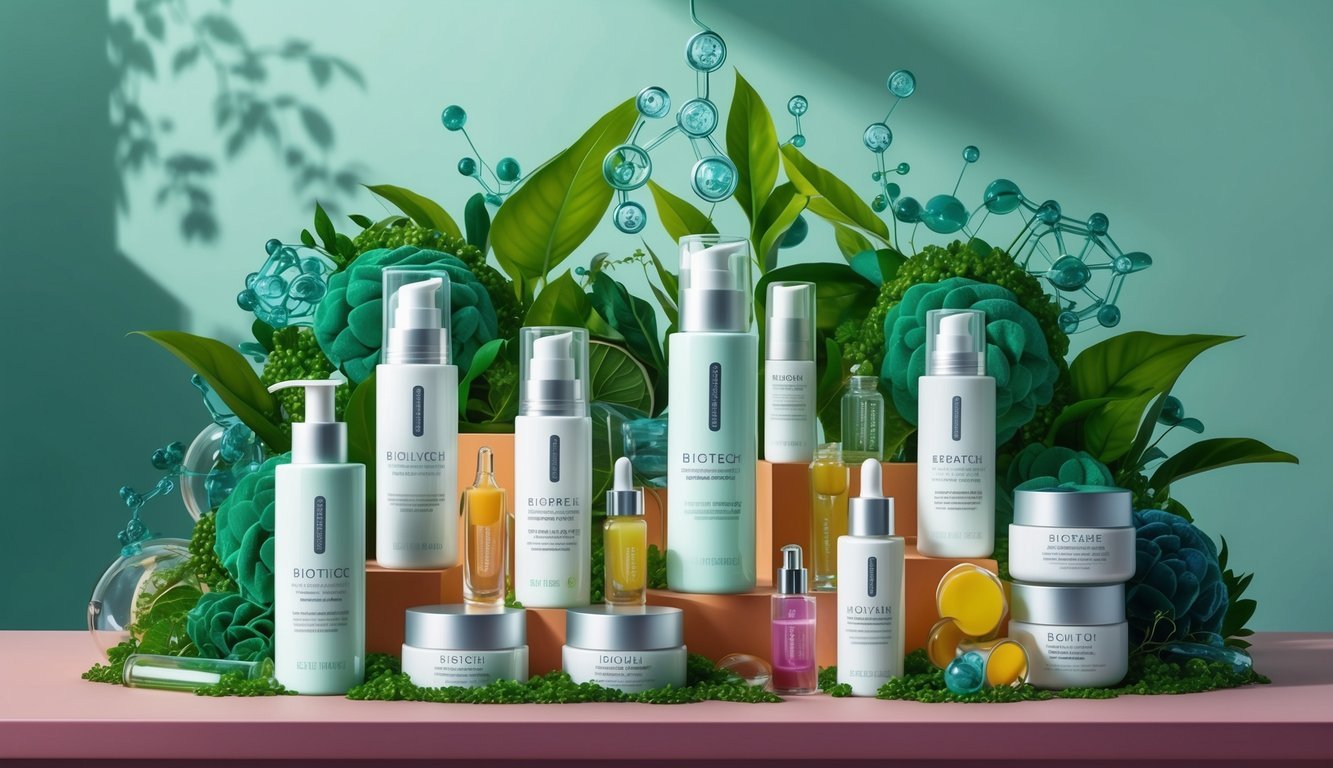
According to Statista, the global skin care market is on track to reach around €179.30 billion by 2025, with an anticipated annual growth rate of 3.59% projected until 2029. This sector stands at the forefront of the beauty and personal care industry, showcasing remarkable innovation and growth alongside impressive financial figures.
Technology-Driven Formulations
Many beauty brands are now harnessing artificial intelligence to revolutionize their product formulations. A notable partnership between L’Oréal and IBM highlights this trend as they look to apply AI across different fields, including chemistry, thereby paving the way for innovative product development that aligns with sustainability goals.
Bridging Cosmetics and Dermatology
The convergence of aesthetic beauty and dermatological science is increasingly evident. A prime example of this trend is the collaboration between L’Oréal and Galderma, where both companies join forces to enhance the efficacy and efficiency of skin care offerings.
A shift towards longevity is taking place. The traditional emphasis on anti-ageing solutions is evolving toward a new goal: promoting longevity. Leading figures in the industry, such as L’Oréal and Beiersdorf, are now focusing on innovations that foster cellular health and rejuvenation.
AI-Driven Personalization in Skin Care
The field of skin care is embracing personalization as scientific advancements unfold. Technologies like Haut AI’s SkinGPT exemplify this trend, offering personalized product recommendations. L’Oréal has also introduced a skin age predictor, demonstrating the shift toward bespoke solutions tailored to individual needs.
New research is uncovering the intriguing connection between gut health and skin wellness. This emerging knowledge suggests that ingestible products may play a crucial role in future skin care formulations.
As consumers become more aware of how sugar impacts skin health, brands like Beiersdorf are formulating specific products designed to mitigate these effects. This reflects a broader acknowledgment of the dietary influences on skin condition.
A prominent trend in the industry is the shift towards sourcing sustainable ingredients through biotechnological methods. Estée Lauder is at the forefront of this movement, developing bio-based alternatives and improving procurement strategies for raw materials.
Amidst ongoing debates about animal testing, the industry is actively exploring innovative non-animal testing methodologies. These efforts aim to meet regulatory requirements while ensuring the necessary safety evaluations are fulfilled.
These trends signify an exciting transformation in the skin care landscape. With impressive advancements in technology, a focus on personalized products, and a commitment to sustainability, the future of skin care looks brighter than ever.
Source: Cosmeticsdesign-europe.com

